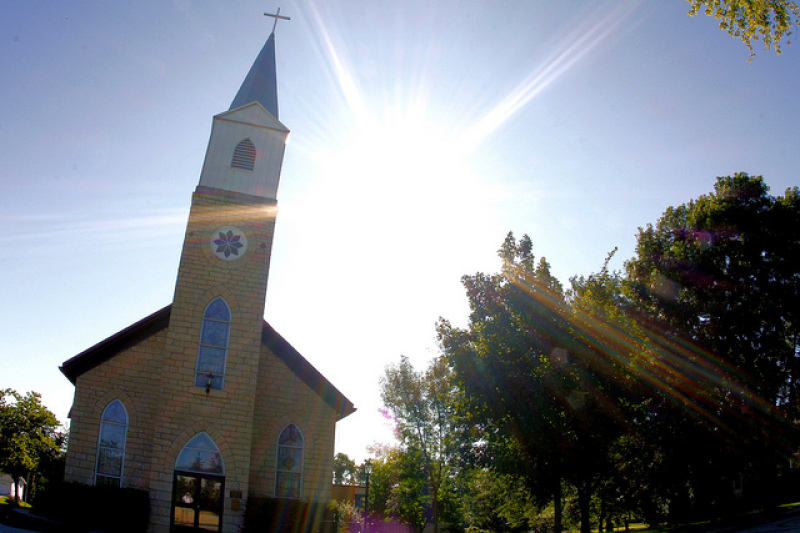
A study conducted on 11,000 Evangelical Lutheran Church congregations between 1993 and 2012 claims that racial diversity in churches leads to decline in average attendance.
The research titled "Congregational Diversity and Attendance in a Mainline Protestant Denomination" was carried out by Baylor University and is published in the Journal for Scientific Study of Religion.
Associate professor of sociology at Baylor and the lead author of study, Kevin Dougherty, said that the findings do not imply that racial diversity is detrimental to church growth or sustenance, but that congregations that started off as single-race communities will have problems accommodating different ethnicities later on.
"Racial diversity itself is not a detriment to growth," said Dougherty. "It is the process of changing the racial composition of a congregation that causes difficulties."
The study found that ELCA churches which witnessed the most change in racial composition of attendees had the sharpest decline in number of people coming to church.
During the two decades, the racial diversity of the churches doubled, but the average attendance fell by 22 percent.
Dougherty also said that those churches which began with Christians from different ethnicities were more likely to adapt to growing diversity than those which were planted with people from a common culture.
"Congregations intentionally planted as diverse from the beginning have the greatest potential to sustain that change while those that are trying to change their diversity will have a bumpy road ahead," he noted.
According to the report, racial diversity was inversely proportional to church attendance, especially in 1990s, and that older people were more likely to skip attendance in ethnically disparate congregations. Also, the study said that predominantly white communities were more likely to experience growth over time.
The authors of the study tried to test the notion which was held by people of older generations that homogenous churches have more chances to grow, and compare it with the growing trend among White churches that have been diversifying their congregations.
"In coming to terms with the historic racial segregation of American congregations, white pastors in the 1990s aggressively committed to overcoming discrimination, urging members to bring in those from ancestral backgrounds and reaffirm the Gospel as rooted in relationships, unity and love," explained study co-author Gerardo MartÃ. "Racial diversity has become a central, and sometimes dominating ambition for many white churches."
Dougherty said that the research showed "new congregations started as multiracial represent the best opportunity for diversifying a denomination."
"It may be that nondenominational congregations may be more adaptable, since they do not have a denominational heritage to sustain," he added.


















